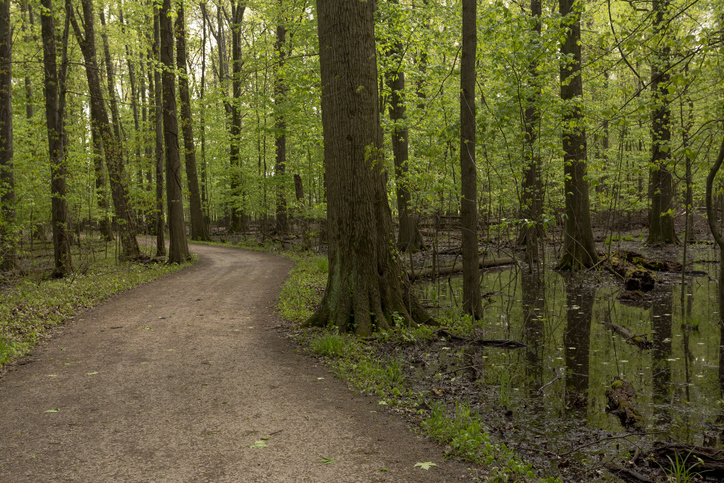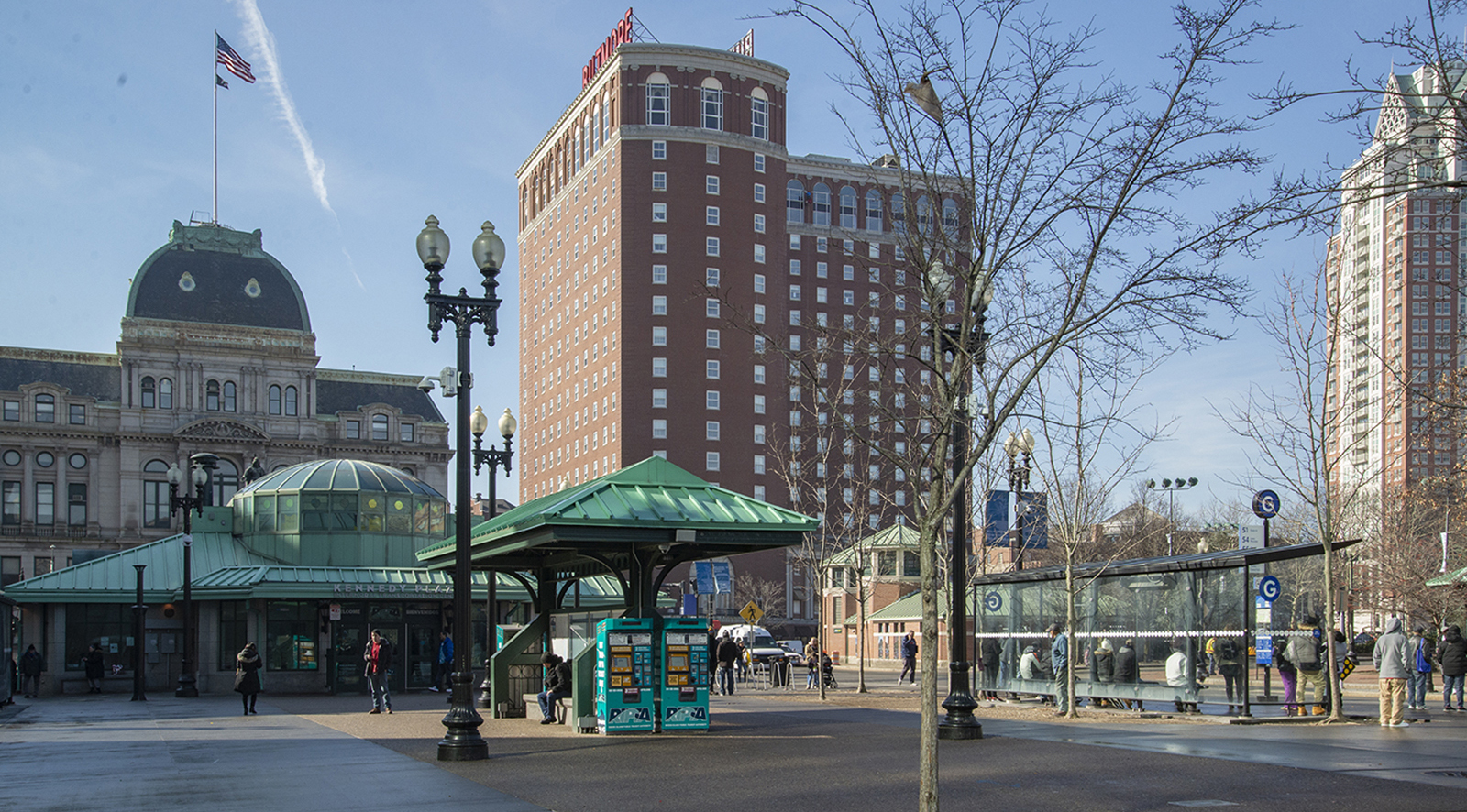Answers to Climate Skeptics’ Questions Aren’t Difficult to Provide
May 11, 2016
Well-documented facts, and common sense, tell us that humans are impacting the world in which we live, often with negative consequences. For example, greenhouse gases, such as carbon dioxide and methane, which we generate in abundance, are altering the climate, changing ocean chemistry and helping the seas rise.
Since ecoRI News first went online, in September 2009, people skeptical of manmade global warming — also referred to as climate change — have asked and e-mailed us, in most cases politely, to prove what most climate scientists already have. The following are the three most popular questions, presented in various forms, we have been asked in the past six-plus years:
Melting glaciers are often cited as proof of climate change. Given that they have been retreating for thousands years, why is their continued withdrawal, or even disappearance, of concern?
The obvious answer, at least to us, is that humans have built a lot of stuff, much of it highly valued, along the shore. In Newport, R.I., for instance, 968 historic structures are threatened by rising seas.
Whether you want to believe belching smokestacks and tailpipes, deforestation and industrial agriculture, among many other human practices, have played a role in altering the planet’s climate, the fact is the world’s oceans have risen by an average of nearly 8 inches since the beginning of the 20th century. They are projected to rise another 3-7 feet by 2100.
Even if you believe Earth’s rising waters are part of a natural cycle, or your god’s will, the fact we have replaced natural coastal buffers, such as salt marshes and wetlands, with homes, roads, restaurants and tourist attractions has made our developed shorelines vulnerable to storm surge, flooding and erosion.
Now, southern New England’s coast is rebuilding itself, and humans weren’t invited to submit plans.
Besides contributing to global sea-level rise, fresh water from melting glaciers alters the sea, pushing down heavier salt water and changing ocean currents. The impacts ripple far and wide. Weather patterns change. Fish migrations change. Species go extinct. Temperatures rise, because the white surfaces of glaciers — they cover 10 percent of the Earth’s land — reflect the sun’s rays, helping to maintain the climate humans have become so accustomed to.
If even climate scientists are wrong — although my money’s on the science — lessening our dependence on the burning of fossil fuels would still improve public health and the environment’s well-being. No one would get hurt or suffer. A reconfigured energy industry would still provide plenty of employment opportunities. Plus, I’m sure the new-look industry could also be rigged to benefit the few over the many.
Of course, if the deniers are wrong, and we do nothing or not enough, it will prove costly on so many levels.
Environmentalists treat ecosystems as if they never change, attempting to preserve the same environment with which they grew up or trying to restore their vision of what the environment may have been like prior to industrialization and large-scale agriculture. But don’t ecosystems change all the time?
The often-used argument that the environment-was-going-to-change-naturally-and-species-were-going-to-go-extinct-regardless rings oh so hollow — kind of like a murderer defending himself by saying his victim was going to die eventually anyway.
Just because ecosystems change and species disappear without the help of human hands, doesn’t mean we have carte blanche to ruin environments for profit and sport. We share this sphere with many living things, and we have an obligation to future generations.
I, for one, would have enjoyed seeing a flight of passenger pigeons darken an afternoon sky. Sadly, the last one of its kind died in a zoo in 1914. We hunted them to extinction. Let’s hope we don’t make the same mistake with grizzly bears, wolves and African elephants.
The climate has changed many times in the past, so why is it a problem now?
The climate reacts to whatever forces it to change, and 7-plus billion humans — a population that is growing rapidly — are now the dominant force. It’s really no different than how an overpopulation of deer would stress a forest ecosystem. Neither species seems to be able to confront this reality.
Humans are stressing the plant’s resources through a combination of manmade pollution and ceaseless development. The negative impacts of our growth far outweigh the positives. Mother Nature will respond in kind. Why do you think we’re looking to colonize Mars?
Frank Carini is the editor of ecoRI News.
Categories
Join the Discussion
View CommentsRecent Comments
Leave a Reply
Your support keeps our reporters on the environmental beat.
Reader support is at the core of our nonprofit news model. Together, we can keep the environment in the headlines.
We use cookies to improve your experience and deliver personalized content. View Cookie Settings




Great article, and very well presented. It should be noted as well that point 2 is a complete straw-man argument. Environmentalists do not treat ecosystems as static, but they do look to identify human impacts and ways to mitigate them. This is true regardless of whether the "environmentalist" is a wetlands specialist, a marine biologist, air quality professional, or focusing on any other field. Not only do these professionals look for human impacts, but they assess the system as a whole (they recognize synergies and impacts to humans, as well as the effects of invasives, etc…). The idea that environmentalists consider static systems to be ideal is a developer-centric mentality, where they see ecosystems as an exploitable resource and consider any advocacy on the part of the larger environment to be counter to their personal agenda.
On point 3, the short of it is that we as a species are the first to reverse a major geologic process. Climate change is always happening. That is a fact. But our current situation is unique. The fossil fuels we exploit were once atmospheric carbon, removed from the biologic carbon cycle over millenia. Our species has thrived under the climatic conditions resulting from a reduced-carbon atmosphere and the associated climatic conditions we now take for granted. The idea that we have developed the cognitive ability to call these resources "fossil fuels" is remarkable. We have shown an awareness of our surroundings that indicates that we should be able to use that information constructively. To then not realize the implications out of convenience or self-interest, is equally depressing, if not more so.
I applaud your efforts to address climate-change deniers. But I also believe that climate-change denial on a public policy level is a cloaking device for corporate self-interest, and engaging with it pulls valuable resources away from combating the real power of vested fossil-fuel interests. Don’t play into their hands. The majority of the high-profile climate change deniers are well aware of the reality but use the act of denying reality as a ploy to keep the public distracted. Bypass the argument and put that effort directly into action on alternative fuels; eliminating fossil-fuel subsidies; research, development, and implementation of low-carbon and zero-carbon alternatives; and electing candidates who acknowledge the reality and embrace the search for long-term solutions.
I was going to offer a few minor points on an overall nice essay but GH Gee made the points quite well. thanks.
And who do you suppose will be the other-world colonizers? First the technicians and worker bees establish a safe, survivable environment using the technological achievements developed by scientists with knowledge gained by standing on the shoulders of earlier thinkers and inventors (and paid for by taxpayer dollars). Once done, the 1% have a new gated community to buy into.
Just one possible scenario. I pass talking stick.
That the level of CO2 in the atmosphere, now around 400ppm compared to pre-industrial about 280 would seem to be enough to concern folks, but I agree with G H Gee that not much point in engaging with climate deniers, some of whom just enjoy provoking.
But if the situation is as serious as it appears, just looking for lower carbon energy sources would seem inadequate. To make an impact, as a species we need on a large scale to walk (and bike) more and drive (and fly) less, have fewer kids, eat less meat (and palm oil products..) , live in energy-efficient compact communities, and though we are making progress on energy I don’t see much on the the other three.